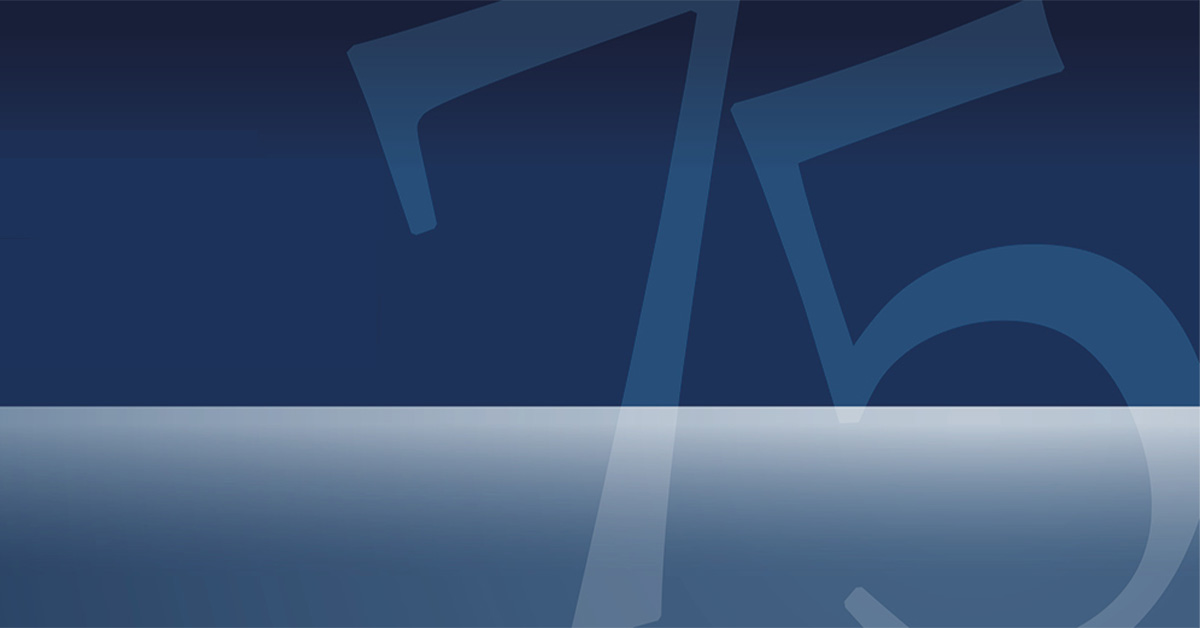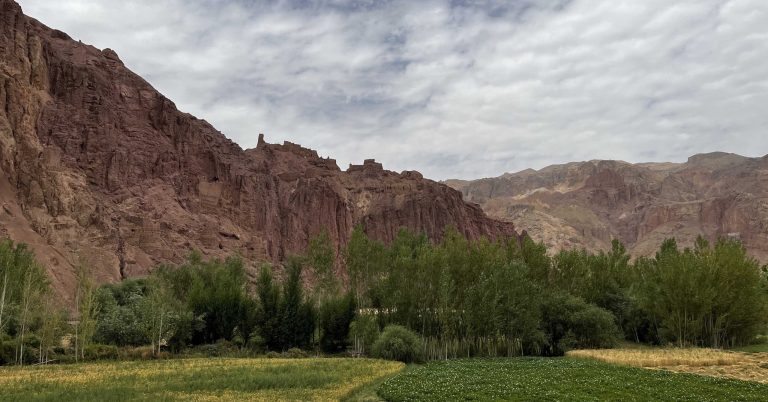
by Rachel Bridgewater and Emma House

When and how did Islamic & Middle Eastern Studies emerge as a list within Edinburgh University Press?
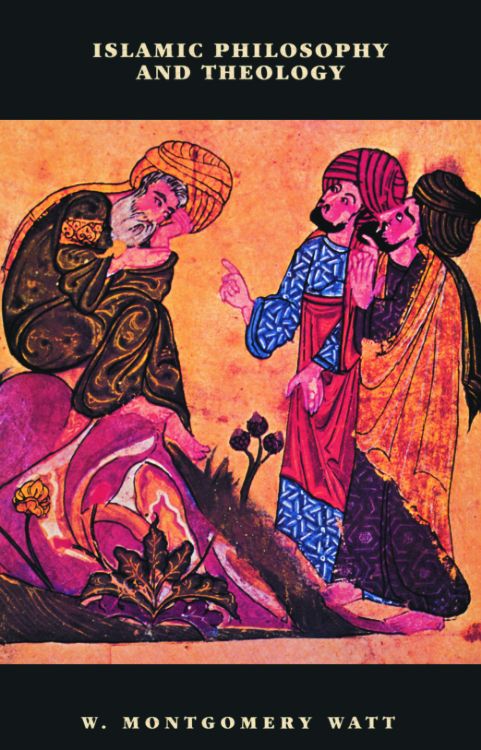
The list was launched as Islamic Studies by Professor W. Montgomery Watt, Professor of Arabic and Islamic Studies at the University of Edinburgh in the 1960s and 1970s. The first publication was his Islamic Philosophy and Theology, which is still in print. He established and edited the Islamic Surveys series until his retirement, when he passed the mantle to Carole Hillenbrand (who, fittingly, edited The Life and Work of W. Montgomery Watt).
In the early days, there was a strong drive to develop people’s understanding of Islam. The Islamic Surveys introduced key elements of Islam to bring the subject to a wider audience. After 9/11, there was a huge growth in the study of the subject. We added Middle Eastern Studies to the list’s name in the early 2000s to reflect how the field was growing into areas like the modern Middle East, Arabic language, literary studies and Islamic art.
How has EUP’s publishing shaped the field?
Twenty-five years on from its release in 1999, we remain incredibly proud to have published Carole Hillenbrand’s The Crusades: the first English-language exploration of the Crusades from the perspective of the Islamic defenders. It completely changed the way the Crusades were understood and studied, providing a much-needed counterbalance to centuries of Eurocentric scholarship. Carole’s command of multiple languages and engagement with the sources, coupled with incredible illustrations (advised by Robert Hillenbrand) and her clear writing style, made this a work that shaped the field. As a result, Carole was the first non-Muslim to be awarded the King Faisal Prize for Islamic Studies.
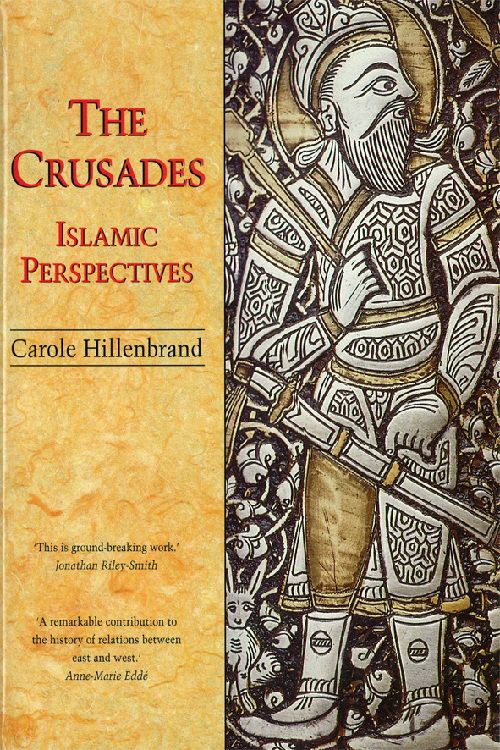
by Carole Hillenbrand (1999)
Can you give us a sense of what your list embraces in its range and variety?
Our list spans from the history of the Islamic empires to modern Arabic literature, and from Islamic art and architecture to contemporary activist movements. The geographical scope covers the Middle East and North Africa, the Islamic World and beyond.
The variety makes it a particularly exciting area to work on. The common thread across all of our publishing is that we want to give a platform to original studies – either those built on strong empirical research and fieldwork, or that offer a new theoretical framework. Our list has a diverse author base and it’s important to us that many authors work in the regions they write about, especially when it comes to current events that require on-the-ground insight.
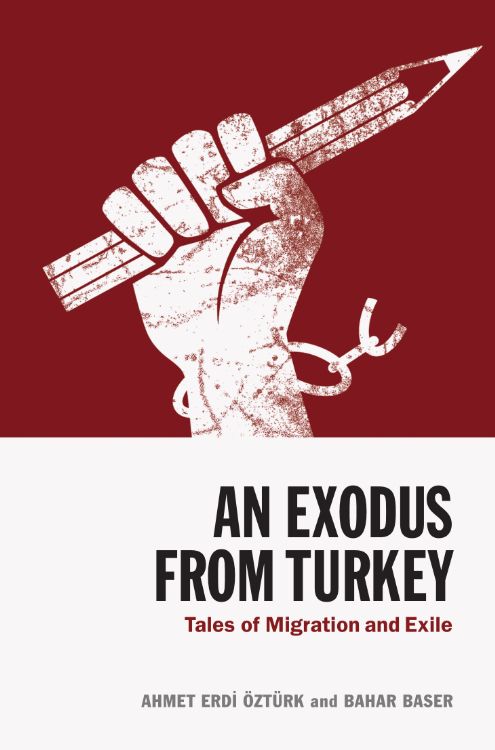
Tales of Migration and Exile
by Ahmet Erdi Öztürk & Bahar Baser (2023)
As well as catering for academics and students with our monographs, reference works and textbooks, we also publish books intended for a broader readership. Some of our favourites include:
- Ali Mirsepassi’s memoir The Loneliest Revolution: A Memoir of Solidarity and Struggle in Iran
- Yasir Suleiman’s Being Palestinian: Personal Reflections on Palestinian Identity in the Diaspora
- Ahmet Erdi Öztürk and Bahar Baser’s An Exodus from Turkey: Tales of Migration and Exile
Keep an eye out for new books in this vein such as Ali Akhtar’s Italy and the Islamic World.
How is the list evolving now?
From April 2024, we will have two full-time editors dedicated to Islamic & Middle Eastern Studies, reflecting EUP’s ambition to expand this area of our publishing.
As well as growing our established areas, we are increasingly looking beyond the Arab world and Middle East as the traditional centres of study. This includes giving prominence to regions often treated as lying at the periphery of cultural, political and historical change – as with Edinburgh Studies on the Maghreb – and increasing our publishing on Eurasia, Central Asia and Asia more broadly, with Warwick Ball’s The Eurasian Steppe and the new Encounters in the Middle East and Asia series.
We are also building our publishing partnerships and recently partnered with the Gibb Memorial Trust, adding to our established relationships with Aga Khan University and The Royal Asiatic Society.
Our newest series – such as Food and Foodways in the Middle East, North Africa and their Diasporas and Critiquing Gender & Islam: Transnational, Intersectional and Queer Perspectives – also reflect new directions in the field. The first books in these series are coming soon!
Tell us about some recent prizes
It’s been wonderful to see our authors gaining global recognition over the past year. Recent accolades include:
- Molla Nasreddin, Janet Afary & Kamran Afary – winner of the BKFS Book Prize
- The Kurdish Nobility in the Ottoman Empire, Nilay Özok-Gündoğan – winner of the Ottoman and Turkish Studies Association’s Book Prize
- Studies in Persian Architecture, Bernard O’Kane – winner of Iran’s Book of the Year World Award
- The Rise of the Western Armenian Diaspora in the Early Modern Ottoman Empire, Henry Shapiro – co-winner of the National Association of Armenian Studies and Research (NAASR) Aronian Book Prize and Choice Outstanding Academic Title
- Carole Hillenbrand – whose contributions to the list include her seminal volume on the Crusades and the flagship series Edinburgh Studies in Classical Islamic History and Culture – was awarded the Middle East Medievalists’ Lifetime Achievement Award
About the editors
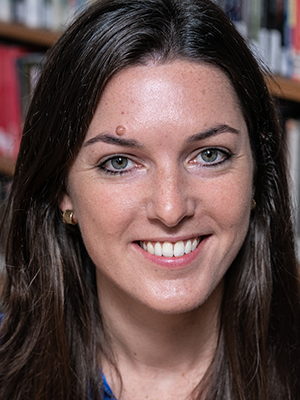
Rachel Bridgewater is Senior Commissioning Editor for Islamic & Middle Eastern Studies. She commissions on Islamic & Middle Eastern history and you can contact her at Rachel.Bridgewater@eup.ed.ac.uk.
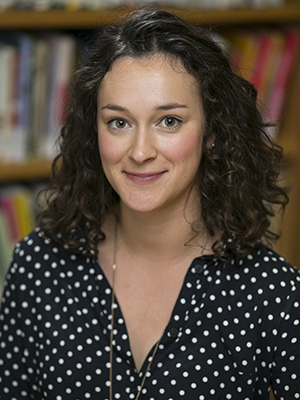
Emma House is Commissioning Editor for Islamic & Middle Eastern Studies. She commissions on Islamic art & architecture, politics; the modern Middle East, Arabic literature and Arabic language. You can contact her at Emma.House@eup.ed.ac.uk.


